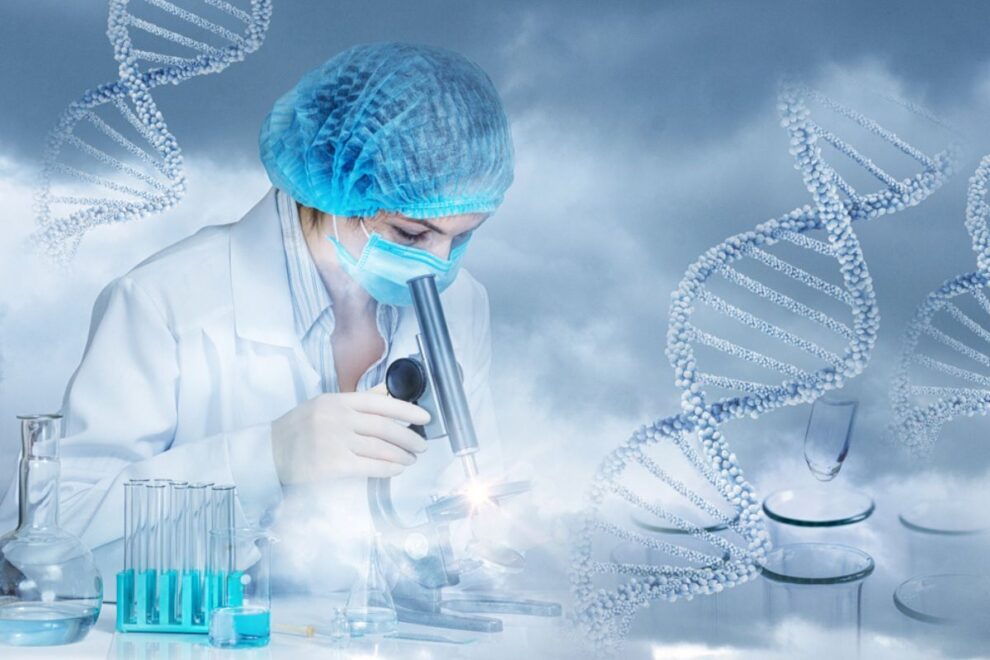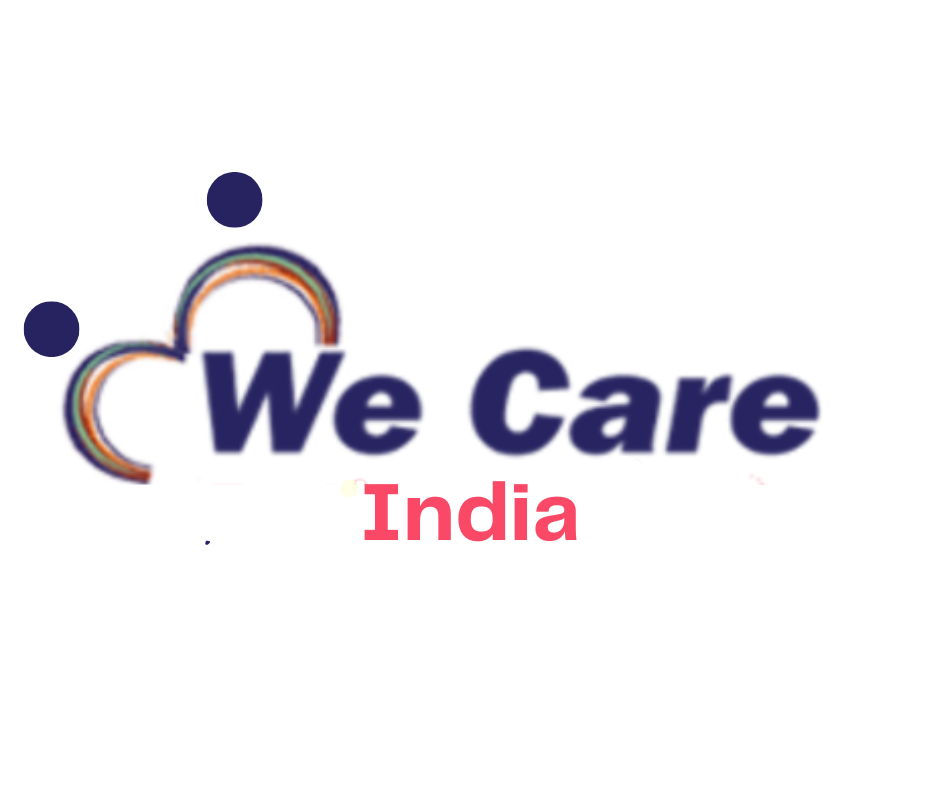Genetic Treatment in India: Innovative Solutions for Genetic Disorders
From gene therapy to stem cell treatments, patients can access state-of-the-art therapies tailored to their unique genetic makeup. Leading genetic specialists and multidisciplinary teams work collaboratively to ensure accurate diagnosis and effective management of conditions such as cystic fibrosis, hemophilia, and various hereditary cancers.


Free Doctor Opinion

Personalized care with a warm interaction with the patient
- Achieving outstanding success rates through our dedicated care approach.
- Equipped with the latest technology to ensure optimal treatment outcomes.
- Our expert team provides exceptional healthcare with experience.
- Offering 24/7 assistance for your health needs and concerns.
- Providing quality treatment at reasonable costs for every patient.
- Contact us Email ID:[email protected]
- Call us: +91 9029304141
What are genes?
Genes are the biological units of heredity. Genes determine obvious traits, such as hair and eye color, as well as more subtle characteristics, such as the ability of the blood to carry oxygen. Complex characteristics, such as physical strength, may be shaped by the interaction of a number of different genes along with environmental influences.
Genes are located on chromosomes inside cells and are made of deoxyribonucleic acid (DNA), which is a type of biological molecule. Humans have between 30,000 and 40,000 genes. Genes carry the instructions that allow cells to produce specific proteins, such as enzymes.
To make proteins, a cell must first copy the information stored in genes into another type of biological molecule called ribonucleic acid (RNA). The cell’s protein synthesizing machinery then decodes the information in the RNA to manufacture specific proteins. Only certain genes in a cell are active at any given moment. As cells mature, many genes become permanently inactive. The pattern of active and inactive genes in a cell and the resulting protein composition determine what kind of cell it is and what it can and cannot do. Flaws in genes can result in disease.
What is gene therapy?
Advances in understanding and manipulating genes have set the stage for scientists to alter a person’s genetic material to fight or prevent disease. Gene therapy is an experimental treatment that involves introducing genetic material (DNA or RNA) into a person’s cells to fight disease. Gene therapy is being studied in clinical trials (research studies with people) for many different types of cancer and for other diseases. It is not currently available outside a clinical trial.
How does gene therapy work?
In most gene therapy studies, a “normal” gene is inserted into the genome to replace an “abnormal,” disease-causing gene. A carrier molecule called a vector must be used to deliver the therapeutic gene to the patient’s target cells. Currently, the most common vector is a virus that has been genetically altered to carry normal human DNA. Viruses have evolved a way of encapsulating and delivering their genes to human cells in a pathogenic manner. Scientists have tried to take advantage of this capability and manipulate the virus genome to remove disease-causing genes and insert therapeutic genes.
Target cells such as the patient’s liver or lung cells are infected with the viral vector. The vector then unloads its genetic material containing the therapeutic human gene into the target cell. The generation of a functional protein product from the therapeutic gene restores the target cell to a normal state. See a diagram depicting this process.
A genetic disease occurs when a person has one or more abnormal genes, missing genes, extra genes, inactivated genes, or overly active genes that lead to a medical condition. If the defective gene is detected before symptoms of the disease appear, it may be possible to prevent or slow disease progression. Although it is currently not possible to cure a genetic disease, in many cases treatments are available that allow an affected person to live a normal life
Genes are found within the cells of all organisms. An individual’s genes are present in a large molecule called deoxyribonucleic acid (DNA). DNA is made up of different combinations of four nucleic acids (adenine, thymine, cytosine, guanine), which are arranged in different lengths. The sequence of these molecules provides the “code,” or instructions, for constructing each of the proteins involved in the development, growth, and function of all the cells in the body. A genetic disorder may occur when the nucleic acid sequences that make up individual genes are incorrect, or mutated. When a gene is mutated, the protein that it codes for no longer functions properly and a medical disorder may result.
Genetic conditions are usually inherited, meaning that they are passed down from parents to their children. However, some genetic disorders occur in individuals with no family history of the disorder and are instead caused by genetic mutations that occur during the development of the egg, sperm, or embryo.
Wish to know our Cosmetic Surgery skills, send us your message – click here
Or email at [email protected] / Call +91 9029304141
Read Also :-
- Stenting for GI Tract Surgery: A Minimally Invasive Solution in Digestive Health
- Surrogacy Agency in India: Professional Guidance for Your Parenthood Journey
- General Surgery in India: Comprehensive Surgical Solutions for All Your Health Needs
- Advanced Spondylosis Surgery in India: Procedures, Costs & Leading Hospitals
- Stenting for GI Tract Surgery: A Minimally Invasive Solution in Digestive Health
Committed To Build Positive, Safe, Patient Focused Care.
High Quality
Care
Home Review
Medicine
All Advanced
Equipment
Book An Appointment

At We Care India, we offer complete medical services for your entire family, from routine check-ups to injury care, ensuring personalized attention and expert assistance for all your health needs.


